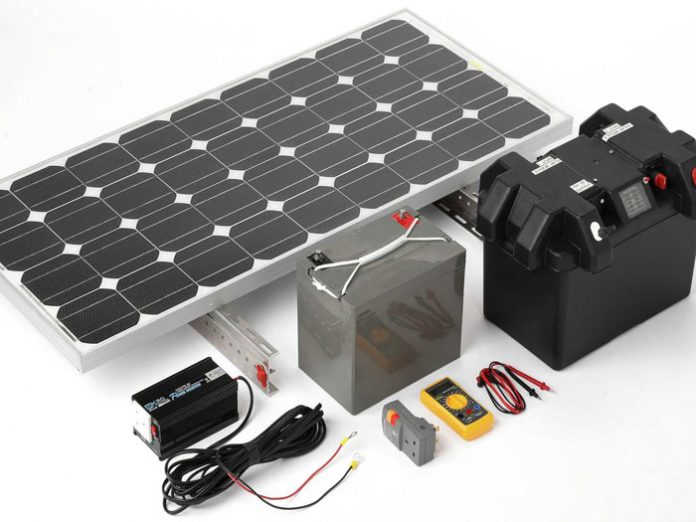U.S. trade officials have finalized steep tariffs on most solar cells imported from Southeast Asia, marking a significant move in a year-long trade dispute aimed at protecting domestic solar manufacturing.
The decision follows accusations by American solar producers that Chinese-owned firms were flooding the U.S. market with underpriced, subsidized solar products, undermining local investments.
The trade case was initiated last year by Korea’s Hanwha Qcells, Arizona-based First Solar Inc, and several smaller manufacturers under the umbrella of the American Alliance for Solar Manufacturing Trade Committee. The group alleged that Chinese solar panel companies operating in Malaysia, Cambodia, Thailand, and Vietnam were exporting products at below-market rates and benefiting from unfair government subsidies.
The newly imposed tariffs, announced on Monday, are significantly higher than the preliminary duties issued late last year and vary by company and country. Jinko Solar’s products from Malaysia will face combined anti-dumping and countervailing duties of 41.56%, while Trina Solar’s exports from Thailand are subject to a much steeper tariff of 375.19%.
Cambodian manufacturers, who did not cooperate with the U.S. investigation, are now facing punitive tariffs exceeding 3,500%.
The announcement is expected to reshape global solar trade dynamics. Southeast Asia supplied more than $10 billion worth of solar products to the U.S. last year, making up the majority of the nation’s imports.
Since the launch of the investigation, imports from the four targeted countries have sharply declined, while alternative sourcing from countries like Laos and Indonesia is gaining traction.
However, the move has sparked criticism from industry stakeholders, particularly the Solar Energy Industries Association (SEIA), which argues that the tariffs could increase prices on imported solar cells. These cells are essential components for panel assembly in the U.S., an industry that has seen growth following clean energy subsidies introduced in 2022.
The final implementation of the tariffs now depends on a vote by the U.S. International Trade Commission in June, which will determine whether the domestic industry has suffered material harm due to the dumped and subsidized imports.




